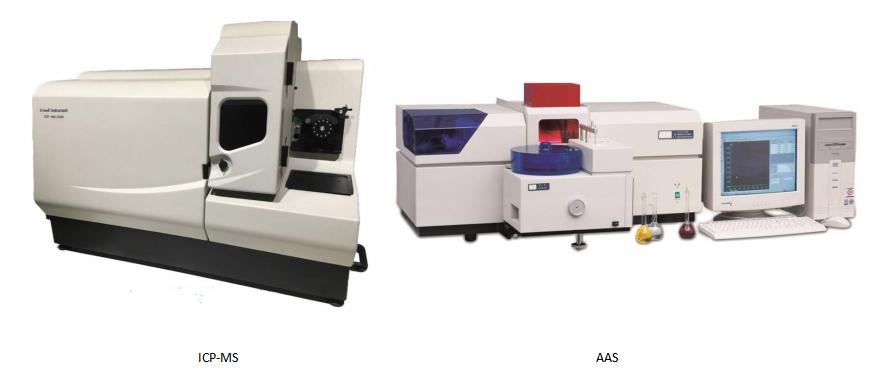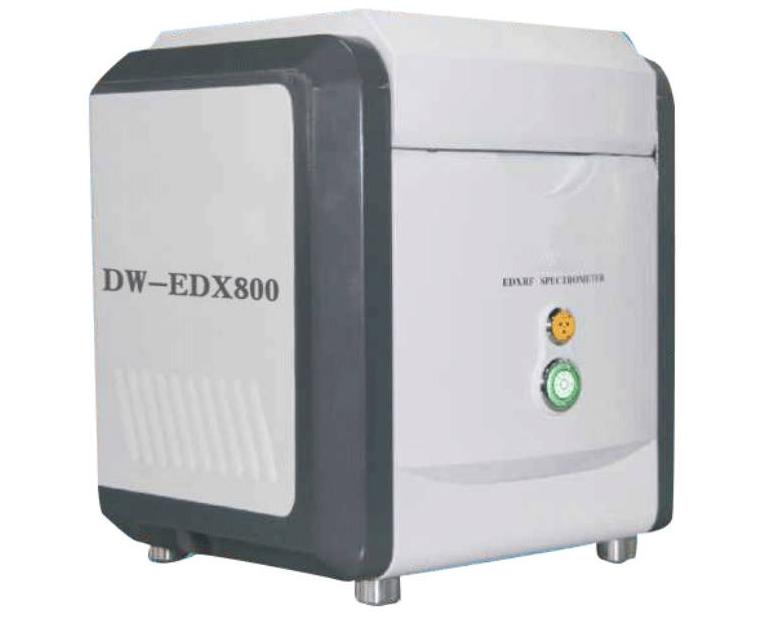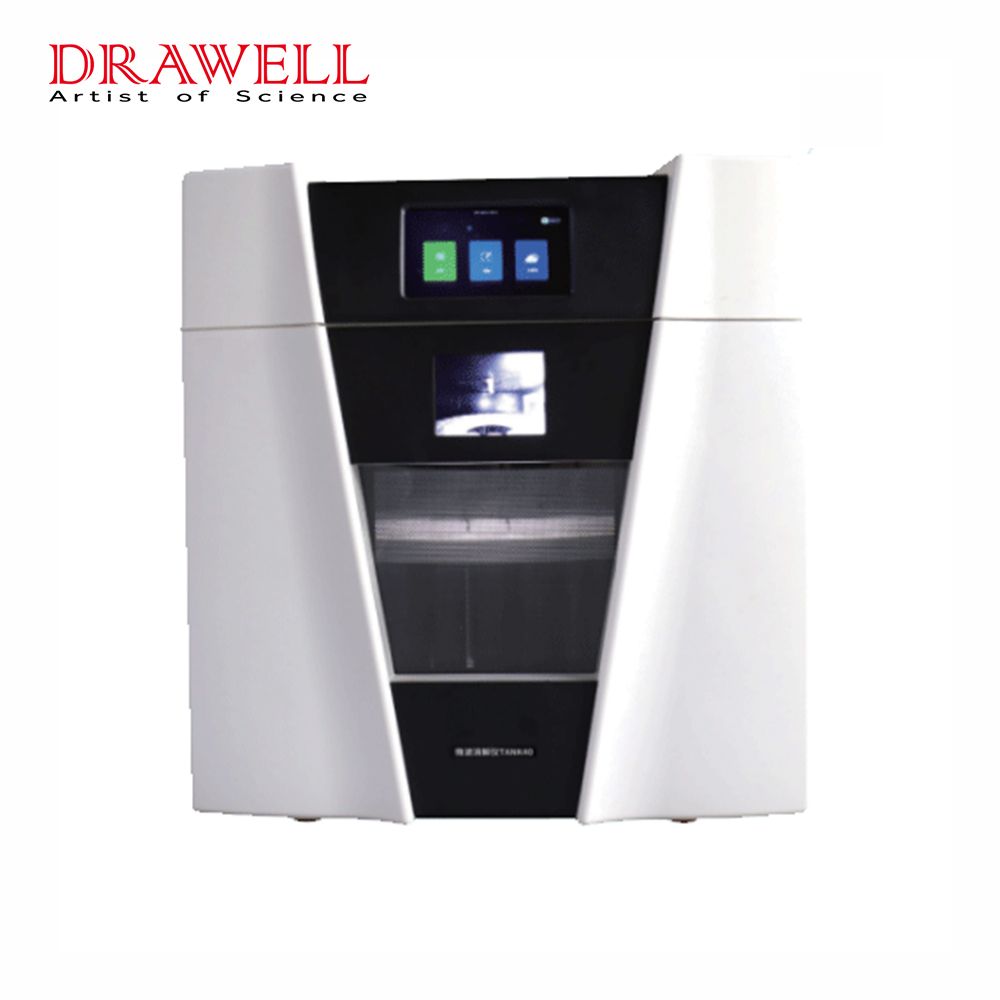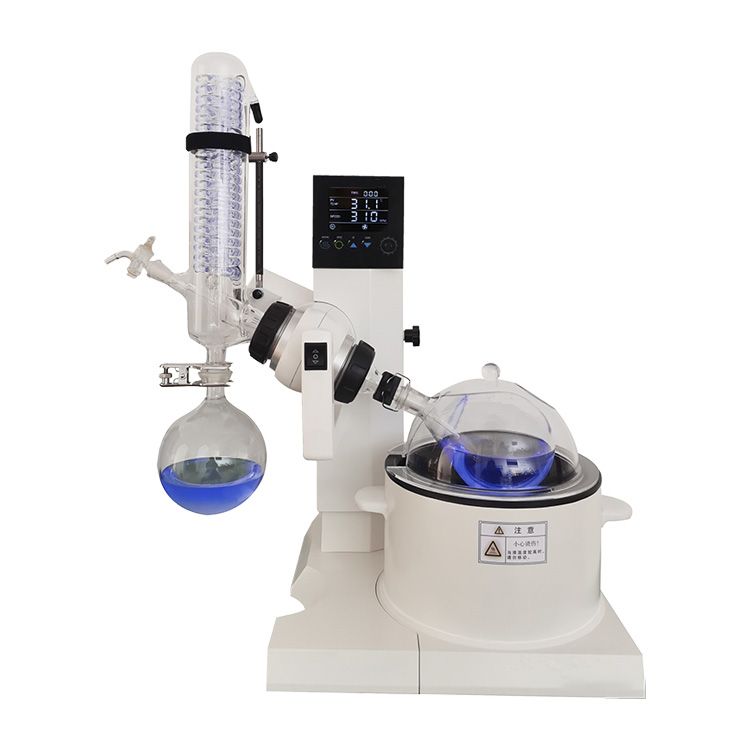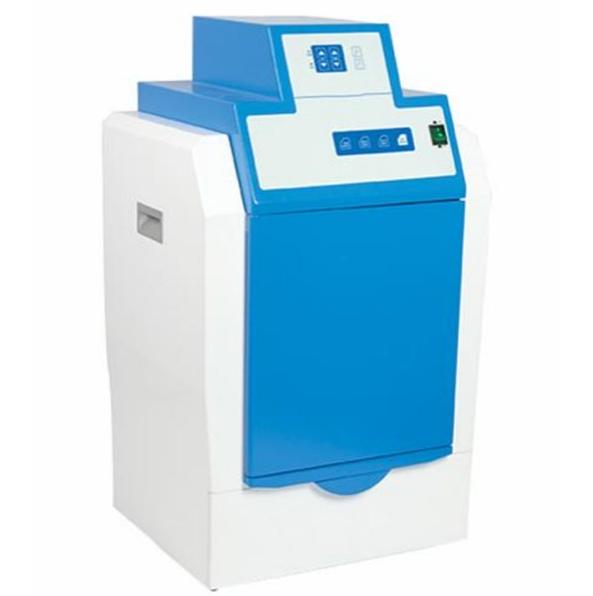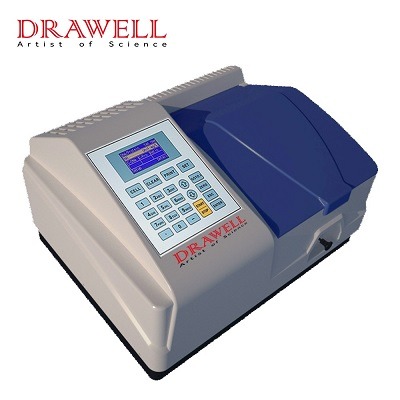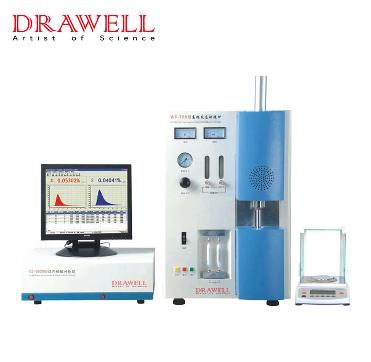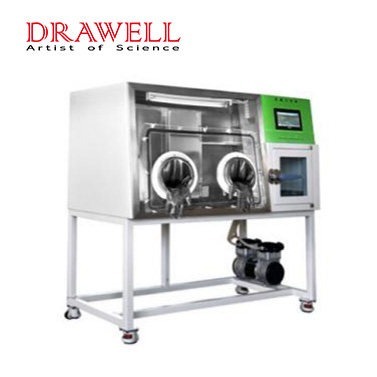News
ICP-MS vs. AAS: Which Technique to Choose
When it comes to elemental analysis in various fields, researchers and analysts often face a crucial decision: which analytical technique should they employ? ICP-MS and AAS are common methods that come into consideration. Each technique has its own strengths, limitations, and areas of application. In this article, we’ll explore Inductively Coupled Plasma Mass Spectrometry (ICP-MS) and Atomic…
What is X-Ray Fluorescence Spectroscopy: Everything You Need to Know
X-ray fluorescence (XRF) spectroscopy is a powerful analytical technique that is used to identify and quantify the elements present in a sample. It is a non-destructive technique, meaning that the sample does not need to be modified or destroyed in order to be analyzed. XRF spectroscopy is widely used in a variety of industries, including mining,…
How Do the Microwave Digestion Systems Work?
Microwave digestion systems use cutting-edge technology to expedite and improve sample digestion, revealing significant insights and furthering our understanding of complicated materials. This article delves into the topic that how microwave digestion systems work, exploring their significance, their key components for working, and the operation steps of a microwave digestion system. Why Microwave Digestion Systems are Important? Microwave…
What is a Rotary Evaporator: Principle, Types and Applications
A rotary evaporator, also known as a rotovap or rotavapor, is a scientific apparatus that is used to efficiently and gently evaporate solvents from samples. This flexible instrument is essential in a variety of scientific and industrial applications. In this article, we will focus on the topic of what is a rotary evaporator, exploring the principles,…
How to Choose the Right Lab Water Purification System
Laboratories depend extensively on a top-notch water purification system for lab applications, as they require exceptionally pure water for various purposes such as research, experiments, and analysis. It’s imperative that use the lab water purification system effectively eliminate impurities and contaminants to avoid any potential disruption of experimental results. Hence, the selection of the appropriate lab…
How Gel Documentation System Revolutionize Research
In the realm of scientific discovery, progress is often measured in increments of knowledge gained and barriers overcome. The field of molecular biology is no exception, and at its heart lies the essential tool: the Gel Documentation System. These silent marvels of technology have ushered in a revolution in research, dramatically accelerating our understanding of…
3 Major Functions and Applications of UV-Visible Spectrophotometry
UV-Visible spectrophotometry is a widely used analytical technique that plays a pivotal role in studying the composition, structure, and interactions of substances based on their absorption spectra. Its advantages, including stability, flexibility, and ease of maintenance, make it a valuable tool in various scientific and industrial applications. This article delves into the three major functions and…
Raman Spectroscopy Setup: What are the Key Components and How Does it Work?
Raman spectroscopy provides essential information on the molecular structure and structural features of many substances. This non-destructive analytical approach uses light to interact with molecules to provide a plethora of information about chemical bonds, crystalline structures, and even biological specimens. A sophisticated setup at the heart of Raman spectrometer allows researchers to examine the mysteries of…
Carbon and Sulfur Analyzers in the Lab: How do they Work and What are the Applications
Carbon and sulfur analyzers are two of the most important elements in the world. They are essential for life, but they can also be harmful to the environment and human health. Carbon and sulfur analyzers are used to measure the levels of these elements in a variety of materials, including gases, liquids, and solids. This…
Anaerobic Incubator Use and Care: A Beginner’s Guide
An anaerobic incubator is a laboratory device that creates an oxygen-free environment for the growth of anaerobic microorganisms. Anaerobic microorganisms are those that do not require oxygen to survive. They can be found in a variety of environments, including soil, water, and the human body. Anaerobic incubators are used in a variety of fields, including microbiology,…


